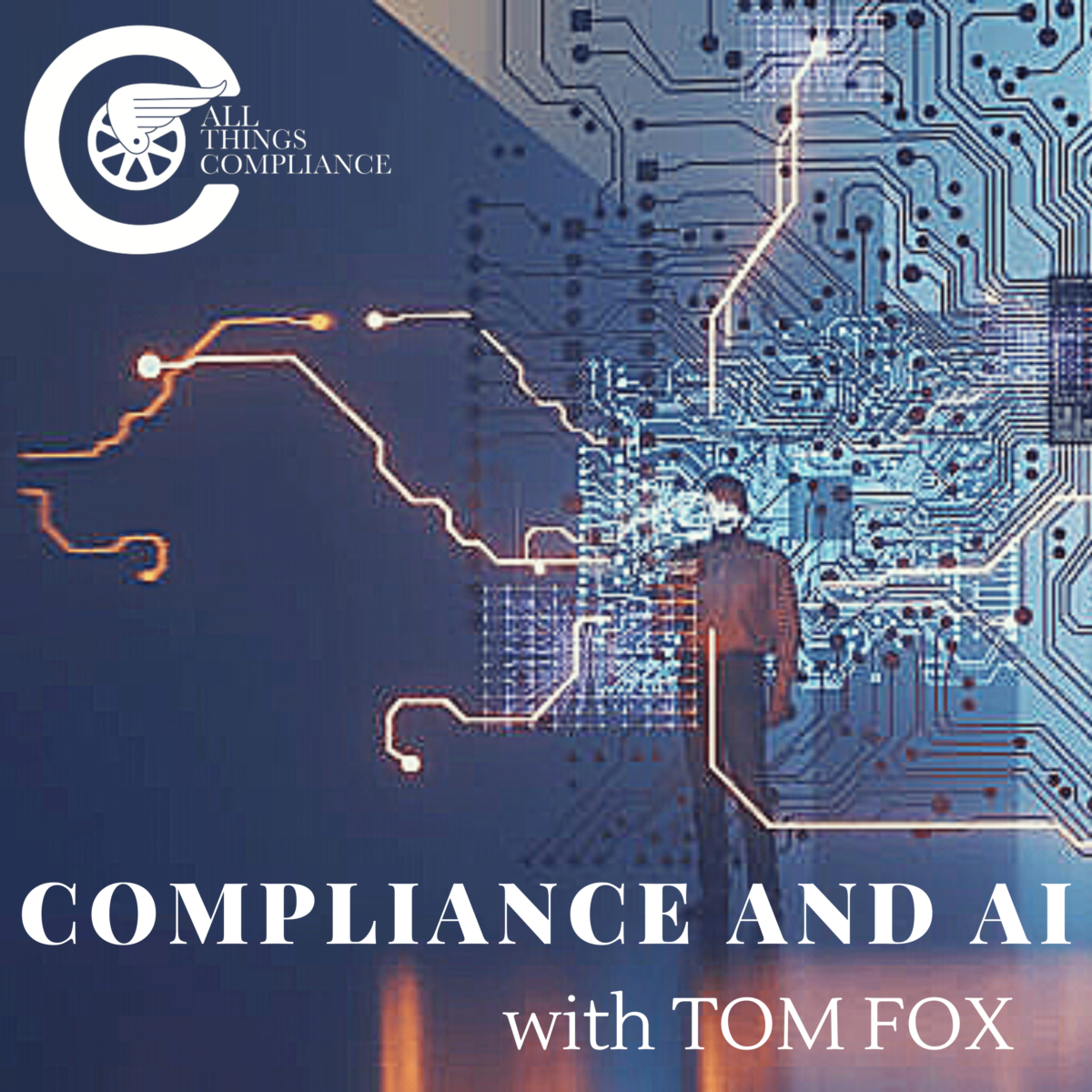Must an investigator warn an employee that concealing information from company lawyers conducting an internal FCPA investigation could be a federal crime? Even if the company attorneys provided the now standard corporate attorney Upjohn warning? Does a company attorney asking questions morph into a de facto federal agent during an internal company investigation regarding alleged FCPA violations and is the attorney thereby required to provide a Miranda warning to employees during said investigation?
Employees who are subject to being interviewed or otherwise required to cooperate in an internal investigation may find themselves on the sharp horns of a dilemma requiring either (1) cooperating with the internal investigation or (2) losing their jobs for failure to cooperate by providing documents, testimony or other evidence. Many U.S. businesses mandate full employee cooperation with internal investigations or those handled by outside counsel on behalf of a corporation. These requirements can exert a coercive force, “often inducing employees to act contrary to their personal legal interests in favor of candidly disclosing wrongdoing to corporate counsel.” Moreover, such a corporate policy may permit a company to claim to the government a spirit of cooperation in the hopes of avoiding prosecution in addition to increasing the chances of earning meaningful credit under the U.S. Sentencing Guidelines or the FCPA Corporate Enforcement Policy.
Three key takeaways:
- Make sure you provide an Upjohn warning.
- If an employee demands counsel to represent them during an internal investigation, who bears the cost?
- Always check state law requirements around internal investigations.




